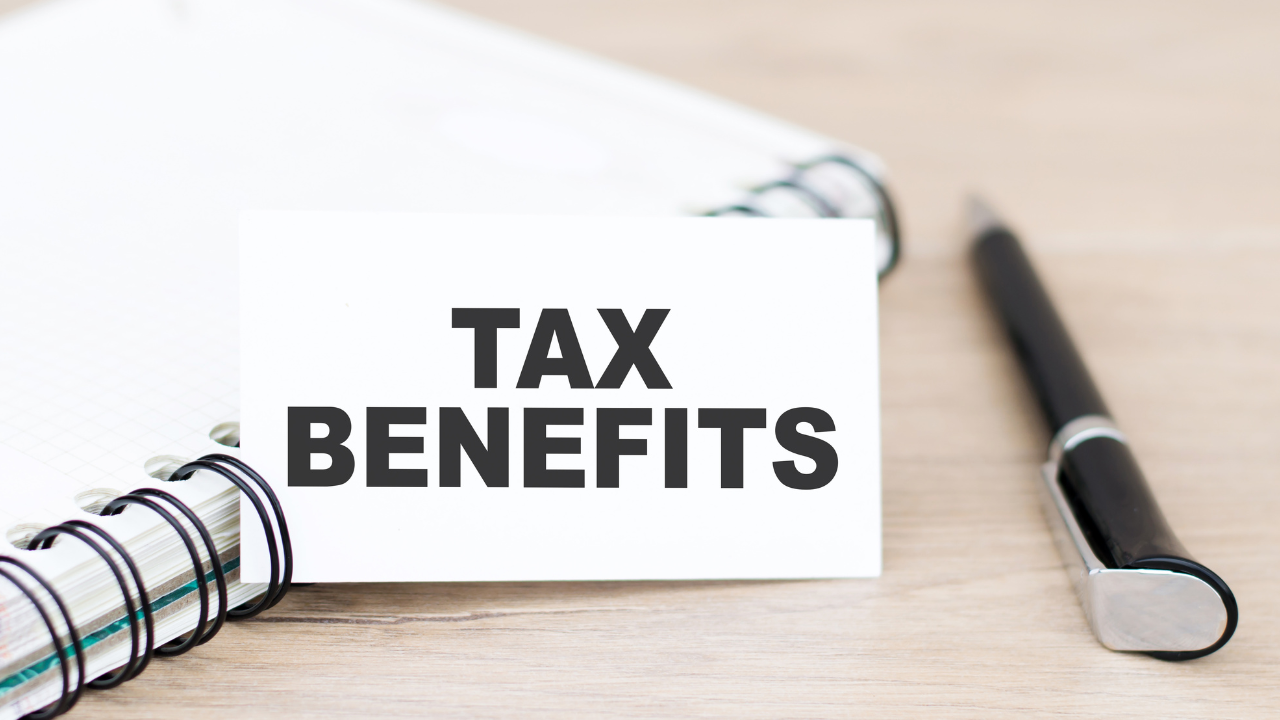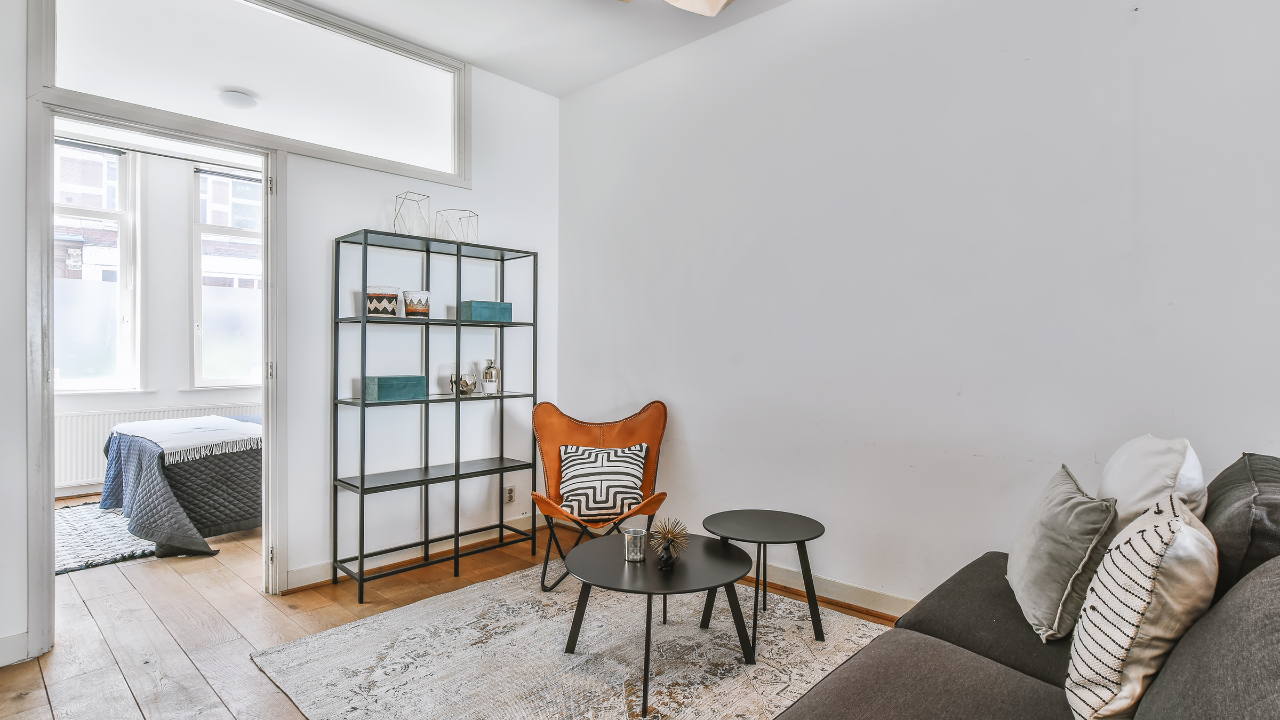Call Us 859-612-4044
Call Us 859-612-4044

Becoming a homeowner is a monumental step toward building wealth and stability. For first-time homebuyers, the journey doesn’t end at closing—it’s just the beginning of new opportunities to save money and maximize the financial benefits of homeownership. One of the most powerful tools at your disposal? Tax credits and deductions designed to make owning a home more affordable.
Let’s explore the most impactful ways to leverage these incentives and ensure you’re taking full advantage of what’s available.
You might be surprised to learn that being a “first-time homebuyer” doesn’t necessarily mean you’ve never owned a home before. According to HUD, you qualify if:
Even if you’ve owned a home in the past, these guidelines mean you could still qualify for first-time buyer benefits.
1. Mortgage Interest Deduction
One of the most well-known perks of homeownership is the ability to deduct mortgage interest. While recent tax reforms capped this deduction at interest paid on loans up to $750,000, it’s still a significant savings opportunity for many homeowners.
Quick Tip: Check your annual Form 1098 from your lender to see the total interest paid and ensure you include it in your tax return.
As a homeowner, you can deduct up to $10,000 ($5,000 if married filing separately) in state and local property taxes. This deduction applies to taxes paid at closing or through escrow.
Quick Tip: Keep records of your property tax bills or payments made via your mortgage company to simplify tax filing.
3. Residential Energy Credits
Did you know that making your home more energy-efficient can lead to substantial tax savings? Through 2032, homeowners who install solar panels, geothermal systems, or wind turbines can receive a tax credit worth up to 30% of the installation costs.
Even smaller upgrades, like energy-efficient windows or HVAC systems, may qualify for credits.
Quick Tip: Check the IRS energy incentive list or consult a tax professional to determine eligibility before starting your next project.

Penalty-Free IRA Withdrawals
If you’re struggling to cover a down payment, you can withdraw up to $10,000 from a traditional or Roth IRA without paying the typical 10% early withdrawal penalty. Couples can combine withdrawals for a total of $20,000.
Keep in mind:
State-Specific Programs
Many states offer grants or low-interest loans for first-time buyers. These programs often assist with down payments, closing costs, or even renovation expenses. Eligibility typically depends on income and the property’s purchase price.
Quick Tip: Research your state’s housing agency for programs tailored to first-time buyers.
Fannie Mae’s HomePath ReadyBuyer Program
Interested in a fixer-upper? This program offers up to 3% in closing cost assistance for first-time buyers purchasing a Fannie Mae-owned property.

Understanding the difference between a tax deduction and a tax credit is crucial:
For example, a $1,000 tax credit saves you $1,000, while a $1,000 deduction saves you a percentage of that amount based on your tax bracket.
The Bottom Line
Owning a home opens doors to financial opportunities that go far beyond equity building. By tapping into tax credits, deductions, and first-time buyer programs, you can make homeownership more affordable and set yourself up for long-term success.
If you’re considering buying your first home—or need help navigating the benefits you’ve unlocked as a new homeowner—reach out today. As a real estate professional passionate about helping first-time buyers, I’m here to guide you every step of the way.
Quick Tip for New Homeowners
Start a dedicated folder (physical or digital) to organize all your home-related expenses, tax documents, and receipts. This simple habit will save you time and stress come tax season.
Ready to explore the possibilities? Let’s connect and make your homeownership journey a financial success story!

Subscribe:
Join our exclusive mailing list to receive the latest update, market insights, and product discounts directly in your inbox.
Contact Us:
@therealestatetoni
tonicschafer@gmail.com
859-612-4044
Copyright 2024 | TCS Real Estate | All Rights Reserved
Privacy Policy| Terms and Conditions